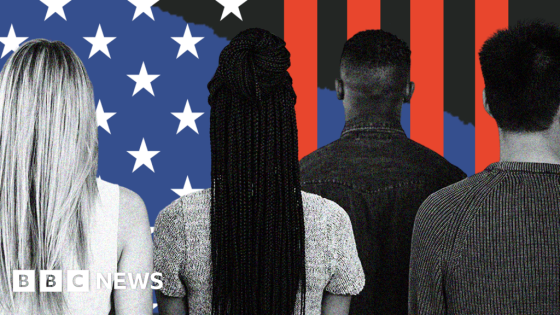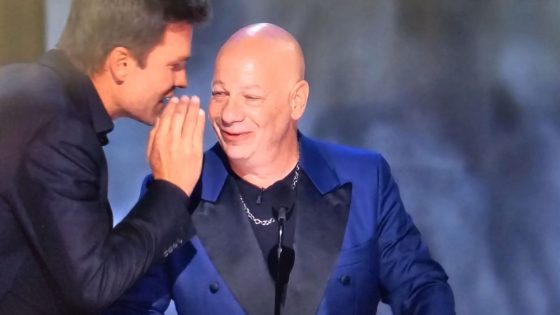Madeline Halpert,BBC News, New York
After more than five weeks, countless hours of testimony and a mountain of documents, New York Justice Juan Merchan will soon instruct a panel of 12 New Yorkers to make a historic decision: whether Donald Trump is guilty or not guilty of felony charges.
After both sides make their final pitches to jurors on Tuesday, Justice Juan Merchan will deliver deliberation instructions, going over each of the charges and explaining the elements of the alleged crime. While they can be technical and dry, the instructions are important guidelines for jurors’ deliberations.
The former president has pleaded not guilty to 34 counts of falsifying business records in relation to a hush-money payment made to adult-film star Stormy Daniels, who claimed she had sex with Mr Trump.
Over the course of the trial, prosecutors argued that Mr Trump improperly recorded the money with which he reimbursed his former lawyer and fixer as legal expenses. They further accused him of falsifying the business records to conceal a second crime – a violation of state election law.
The defence has sought to cast doubt on testimony from the prosecution’s key witness – ex-lawyer and convicted felon Michael Cohen – in an attempt to disprove the larger case.
Ultimately, it will be up to jury to decide whether Mr Trump will become the first former president to be convicted of a felony.
Here is what jurors could decide:
Trump is found guilty
All 12 members of the jury must agree Mr Trump is guilty beyond a reasonable doubt for prosecutors to secure a conviction.
This is the worst-case scenario for Mr Trump, who would become the first major party candidate running for US president as a felon.
He would almost certainly appeal this verdict. His lawyers already have argued for a mistrial on multiple occasions, each time unsuccessfully.
If found guilty, he faces a maximum sentence of four years behind bars, or a smaller punishment of probation and a fine. Most experts say the 77-year-old is unlikely to face any time in prison.
“It is a non-violent offence. It’s the lowest of the [felony] offences,” said former Brooklyn prosecutor Julie Rendelman. “With no record, his age, you name it, it would be highly unlikely.”
If Mr Trump was sentenced to time in prison, it would pose a logistical challenge for court officers and Secret Service staff who would be required to protect him in prison.
Trump is acquitted
If all 12 members of the jury find prosecutors have not proven Mr Trump’s guilt beyond a reasonable doubt, he would be acquitted of the felony charges, which would be a major blow to the Manhattan District Attorney’s Office that brought the case.
A hung jury
It only takes one of the 12 jurors to unravel the prosecutors’ case.
If the jurors cannot all agree unanimously on a verdict – guilty or not guilty – this will result in a hung jury.
If they report to the judge that they cannot reach a decision, Justice Merchan may instruct them once or twice more to try again to reach a verdict.
But if they still cannot, he would declare a mistrial. Prosecutors would then have to decide on the spot whether they want to retry the case.

BBC News reporters are in the Manhattan courtroom covering the historic first criminal trial of a former US president. You’ll find their updates and analysis on the BBC news website and app, and across TV, radio and podcasts.
Source Agencies



